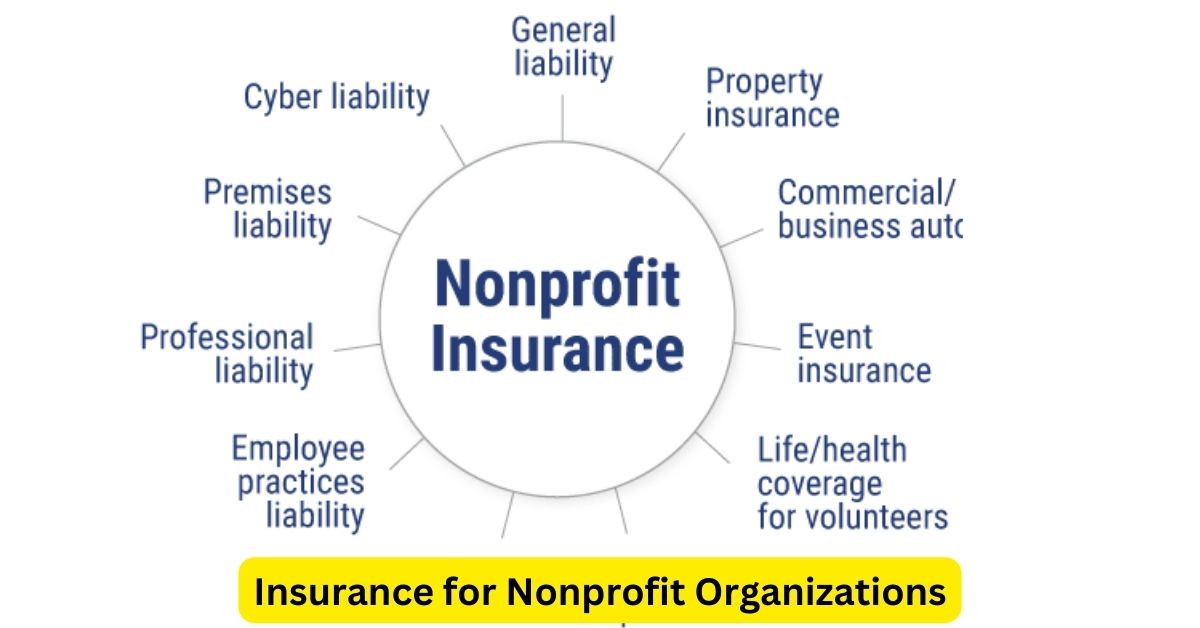Nonprofit organizations play a vital role in addressing societal needs and promoting community well-being. Despite their altruistic missions, nonprofits face a myriad of risks that can threaten their operations, financial stability, and reputation. To mitigate these risks, nonprofit organizations must invest in comprehensive insurance coverage tailored to their unique needs. This article explores the importance of insurance for nonprofits and the key types of coverage available.
Why Nonprofits Need Insurance
Nonprofits operate in a dynamic environment, often relying on volunteers, donors, and community support to fulfill their missions. While their focus is on serving the public good, nonprofits are not immune to risks such as property damage, liability claims, employee injuries, and cyber threats. Without adequate insurance coverage, these risks can result in significant financial losses, legal liabilities, and reputational damage that may jeopardize the organization’s ability to achieve its goals.
1. Financial Security: Insurance provides a safety net that protects nonprofits from unforeseen financial burdens. In the event of a claim or lawsuit, insurance coverage can cover legal fees, settlements, and damages, allowing the organization to continue its operations without severe financial strain.
2. Volunteer and Employee Protection: Nonprofits often rely heavily on volunteers and a small staff to execute their programs. Insurance policies such as workers’ compensation and volunteer liability insurance protect these individuals from injuries and accidents, fostering a safe and supportive working environment.
3. Safeguarding Reputation: Reputation is crucial for nonprofits, as it directly impacts their ability to attract donors and volunteers. Insurance can cover public relations expenses to manage potential crises, helping to protect and maintain the organization’s public image.
Key Types of Insurance for Nonprofits
Nonprofits should consider several types of insurance coverage to adequately protect their operations:
1. General Liability Insurance: This foundational coverage protects against claims of bodily injury, property damage, and personal injury that occur on the organization’s premises or as a result of its activities. For example, if a visitor slips and falls during an event hosted by the nonprofit, general liability insurance can cover medical expenses and legal fees.
2. Directors and Officers (D&O) Insurance: D&O insurance covers legal liabilities arising from the actions and decisions of the nonprofit’s board members and executives. It protects against claims of wrongful acts, negligence, or mismanagement, ensuring that leadership can make informed decisions without fear of personal liability.
3. Professional Liability Insurance: Also known as Errors and Omissions (E&O) insurance, this coverage protects against claims of negligence or inadequate performance in the delivery of professional services. Nonprofits providing counseling, advice, or other professional services should consider this coverage to mitigate risks associated with their programs.
4. Cyber Liability Insurance: As nonprofits increasingly rely on digital technology to manage donor data and program information, cyber threats pose a significant risk. Cyber liability insurance covers expenses related to data breaches, cyberattacks, and the resulting legal liabilities, ensuring that sensitive information remains secure.
Conclusion
Insurance for nonprofit organizations is an essential component of risk management, providing the financial protection and peace of mind needed to pursue their missions effectively. By investing in the right insurance coverage, nonprofits can safeguard their assets, protect their stakeholders, and ensure the sustainability of their valuable work. As the landscape of nonprofit operations continues to evolve, having comprehensive insurance remains a critical factor in achieving long-term success and making a positive impact in the communities they serve.

